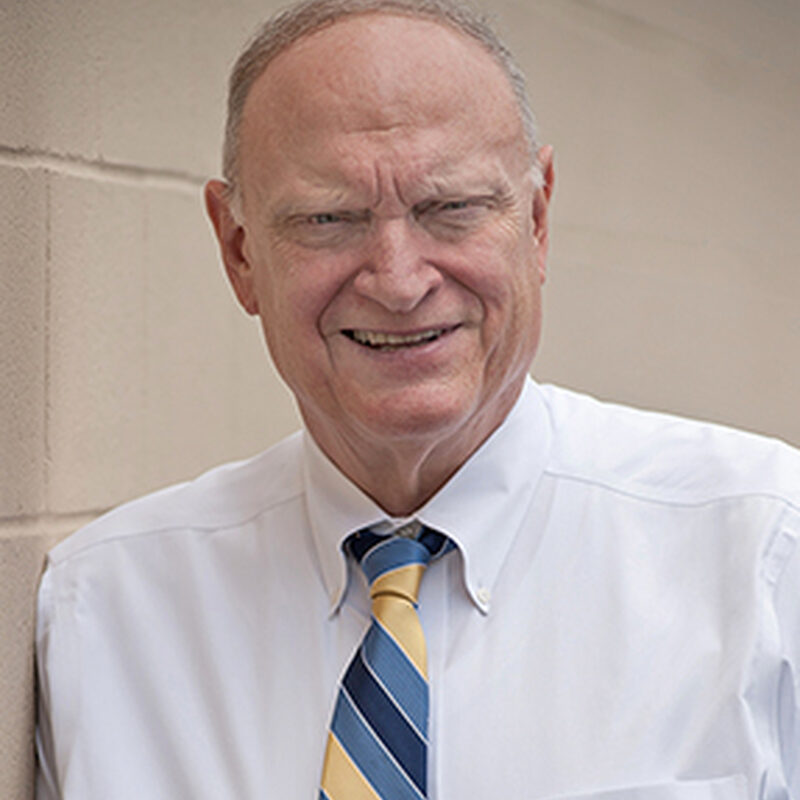About this talk
Jim Johnson recently retired as the Director of the Mayor’s Office of Drug Control Policy in Huntington, West Virginia—a city in which 10% of people are addicted to opioids. In the past, the main strategy that Huntington employed to deal with the drug crisis was incarceration. However, having served as the city’s former police chief and a jail administrator, Jim came to realize that alternatives to incarceration and traditional law enforcement strategies could more effectively tackle addiction in his community.
Jim decided to lead with a more comprehensive approach, partnering with diverse community organizations in an effort to divert people addicted to opioids away from the prison system and to assist them in gaining access to treatment and reclaiming their health. Watch Jim’s 2017 TEDMED Talk to learn more about how the innovative, collaborative, and nationally-recognized programs embraced in Huntington are helping the city to tackle the opioid epidemic and bringing a new sense of hope to the community.
About Jim Johnson
See more
About Jim
Jim Johnson is a retired police chief and a national leader in drug policy and harm reduction. His work in Huntington, West Virginia, a city hit hard by the opioid crisis, has become a model for communities across the country. As the former police chief, he saw firsthand the devastating effects of addiction. Instead of focusing only on arrests, he chose a new path. He led the creation of Huntington’s Office of Drug Control Policy and formed key partnerships with public health and community groups. Under his leadership, the city developed a comprehensive harm reduction program, which provided services like needle exchanges and the overdose reversal drug naloxone. This innovative program served more than 2,000 people and led to over 1,000 overdose reversals. He also started the W.E.A.R. (Woman’s Empowerment Addiction Recovery) program, which focused specifically on helping women involved in the sex trade due to their addiction. These programs gained national recognition for their collaborative approach. Though retired from his state role, Jim continues to speak at national forums, sharing his experience and advocating for new ways for law enforcement and communities to work together to fight the opioid epidemic.











